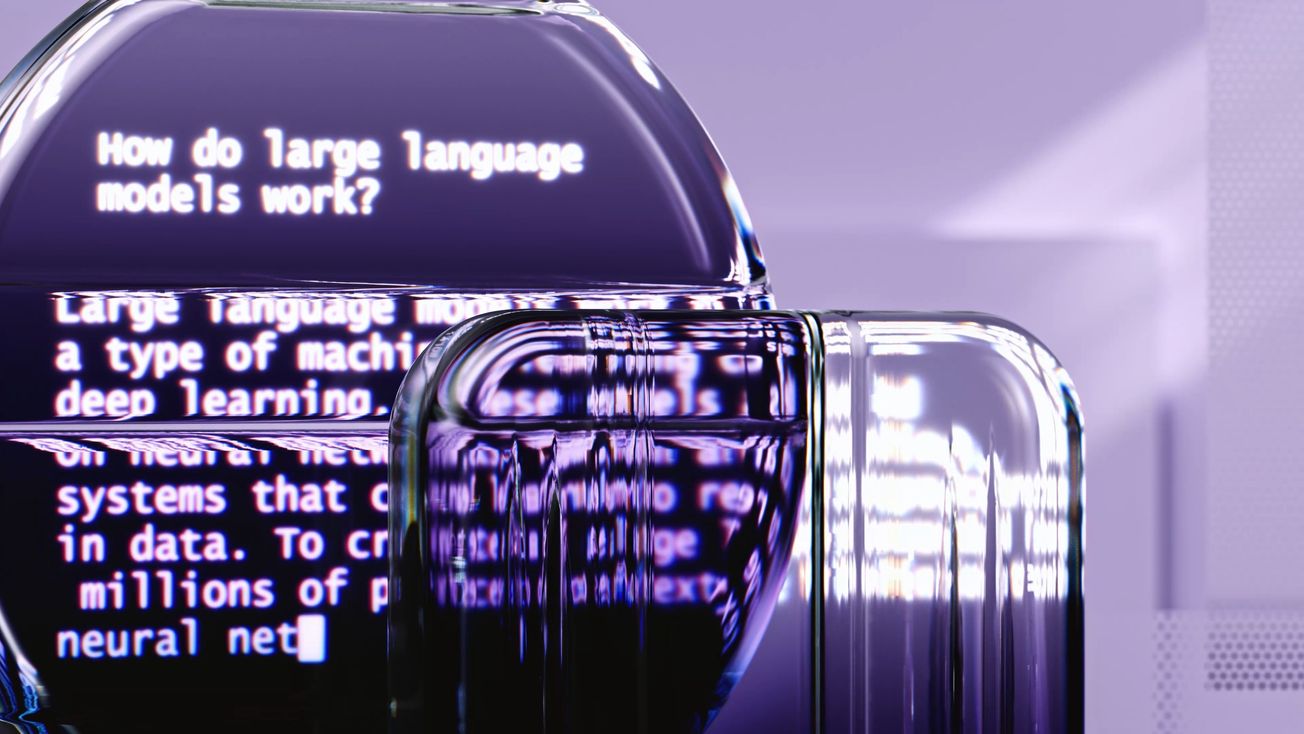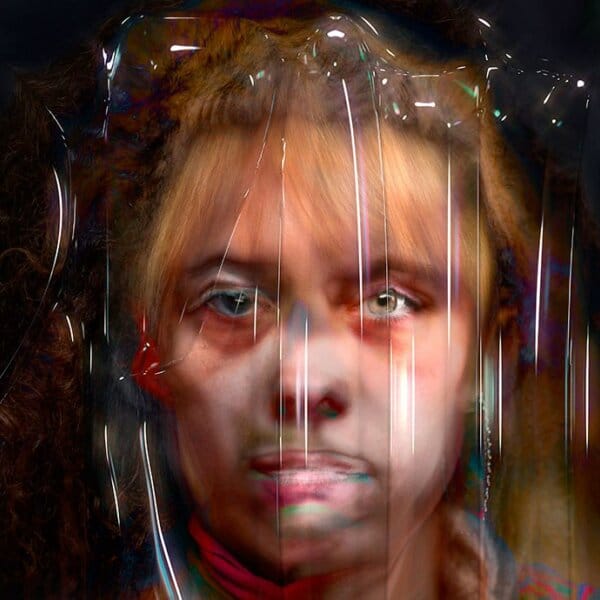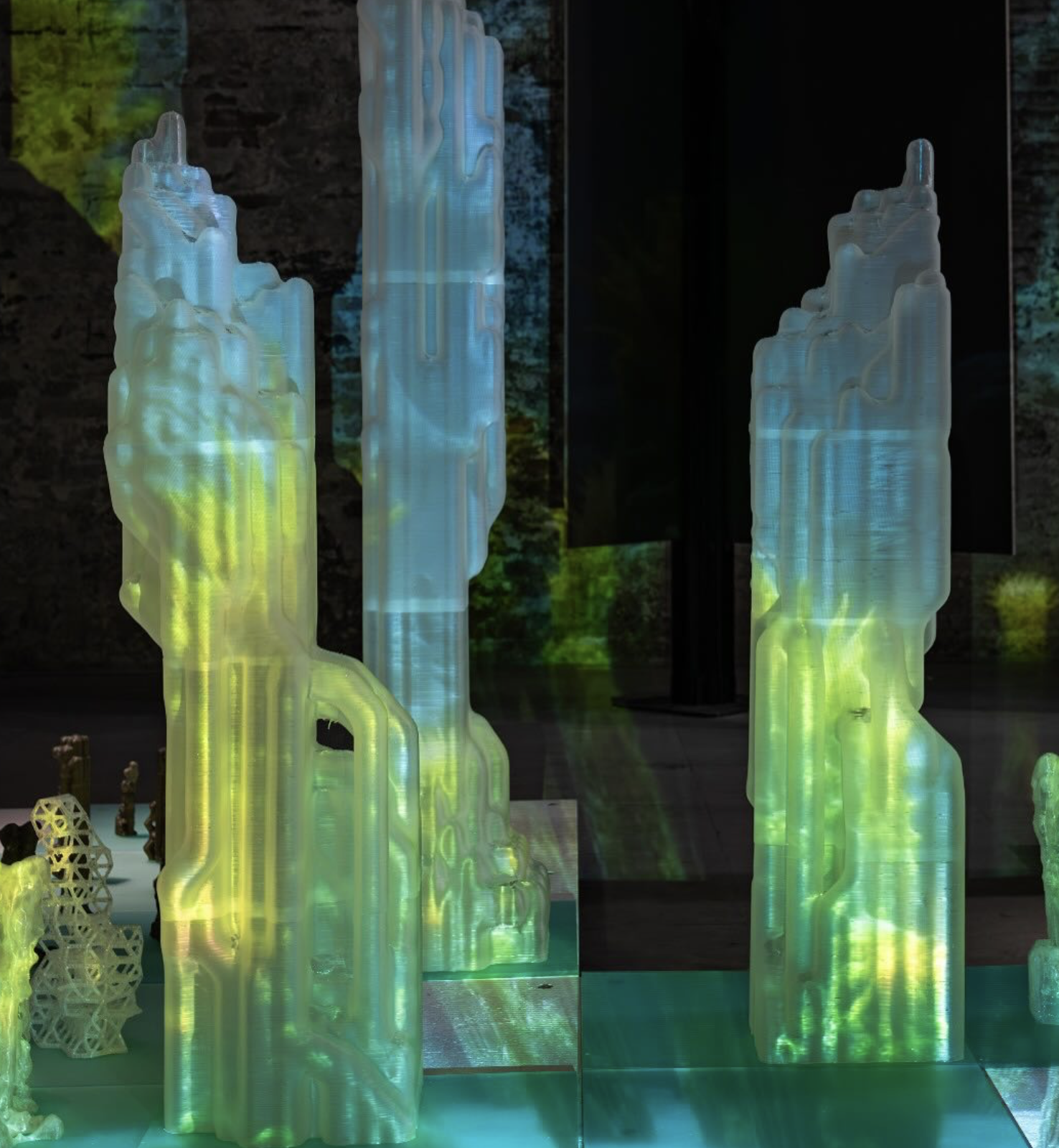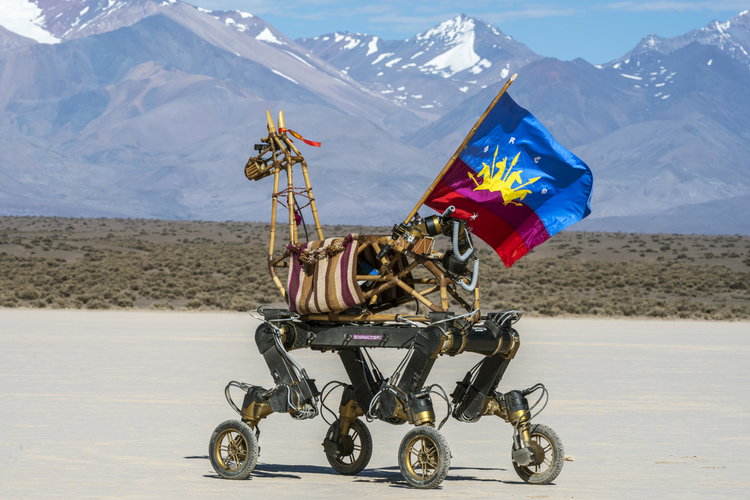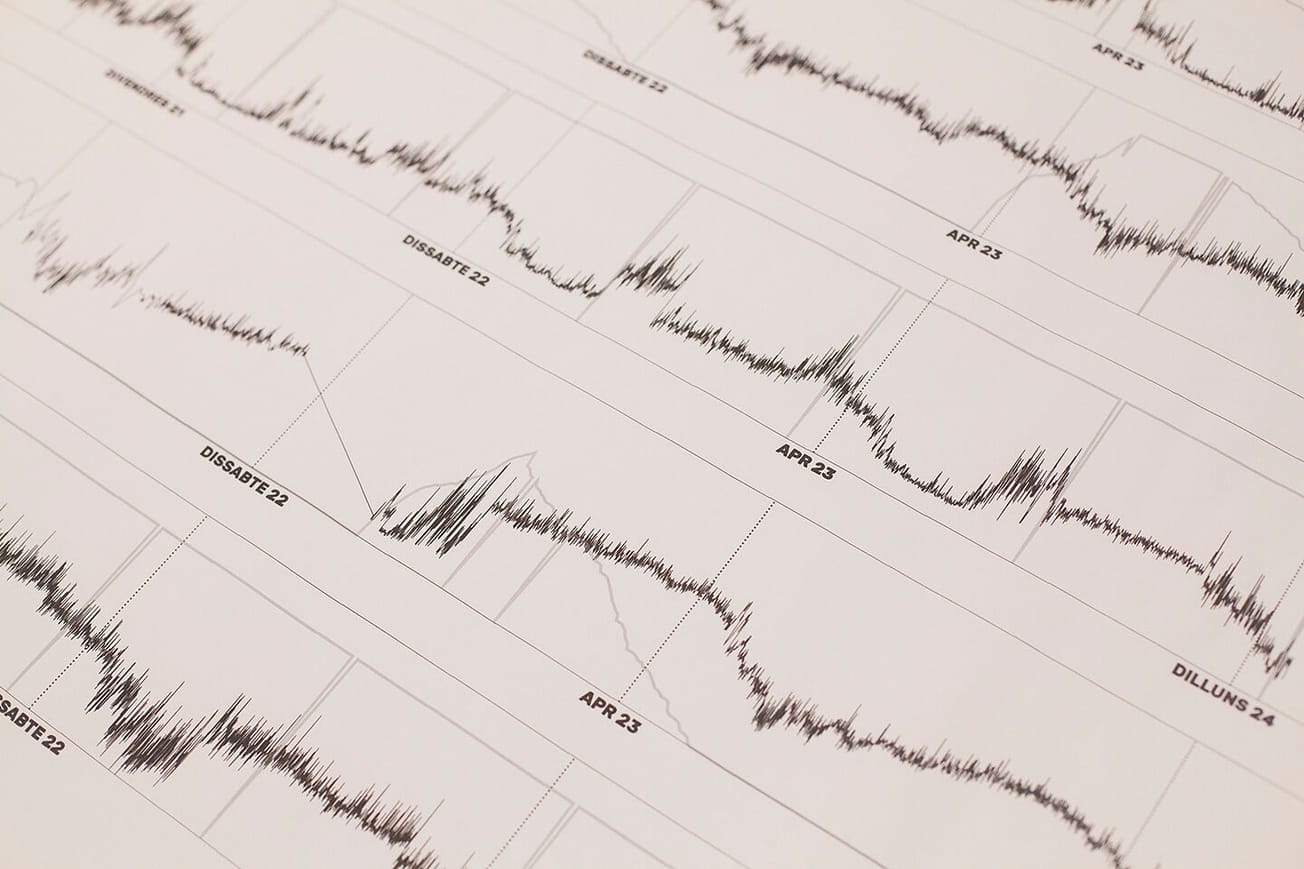The journey of generative AI has been nothing short of extraordinary. From the development of tools like ChatGPT, Midjourney and Stable Diffusion to their profound impact on various aspects of our lives, the transformative capabilities of these technologies have ushered in a new era of possibilities. But this is merely the starting point. As the digital age continues to evolve, the advancements in generative AI are poised to reshape society in ways that are both profound and unimaginable.
One domain that is primed for a substantial leap is text-based generative AI. The current models have already proven their mettle across a spectrum of tasks, such as aiding in research, generating initial drafts, and assisting in planning endeavors. However, the upcoming wave of AI models is poised to transcend the limitations of their predecessors. These new models will possess a heightened understanding of factors like human psychology and the creative process, ushering in a new era of AI-generated content. As a result, they will produce written content that not only meets technical criteria but also exudes deep engagement, inspiration, and emotional resonance. This will shift how we interact with AI-generated text as it evolves from mere information dissemination to a realm where words wield the power to evoke genuine connections and evoke the full spectrum of human emotions.
In the area of visual AI, strides have been made in the generation of images and videos with tools such as DeepMind and DALL-E. The possibilities here are vast, with future AI systems potentially capable of creating visuals spanning a wide spectrum. However, this potential comes with a dual-edged sword. The rise of deepfakes and the spread of misinformation have ignited ethical concerns that demand attention. As visual AI continues to advance, a pressing need emerges for meticulous oversight, accountability mechanisms, and ethical considerations to ensure the responsible development and use of this technology. As we harness the power of visual AI to create and manipulate images and videos, we must also grapple with the imperative of safeguarding against its misuse. By addressing these ethical challenges head-on, we can harness the immense potential of visual AI while upholding the principles of authenticity, accuracy, and ethical integrity in an increasingly digitally visual world.
The concept of the metaverse, an immersive virtual realm where real-time interactions among users and the environment thrive, is undergoing a paradigm shift due to generative AI. This technology is accelerating the design and construction of intricate 3D environments and lifelike avatars, fundamentally altering our digital interactions and experiences. The metaverse, once a distant dream, holds the promise of becoming a crucible for creativity and innovation, largely fueled by the exponential growth of generative AI. As we dive deeper into the metaverse, generative AI will serve as the cornerstone that shapes the very fabric of this virtual universe. It will empower us to co-create, explore, and redefine what is possible, blurring the lines between reality and the digital frontier. This convergence of generative AI and the metaverse presents an awe-inspiring canvas for human ingenuity, where imagination knows no bounds and innovation flourishes in an alternate realm of endless possibilities.
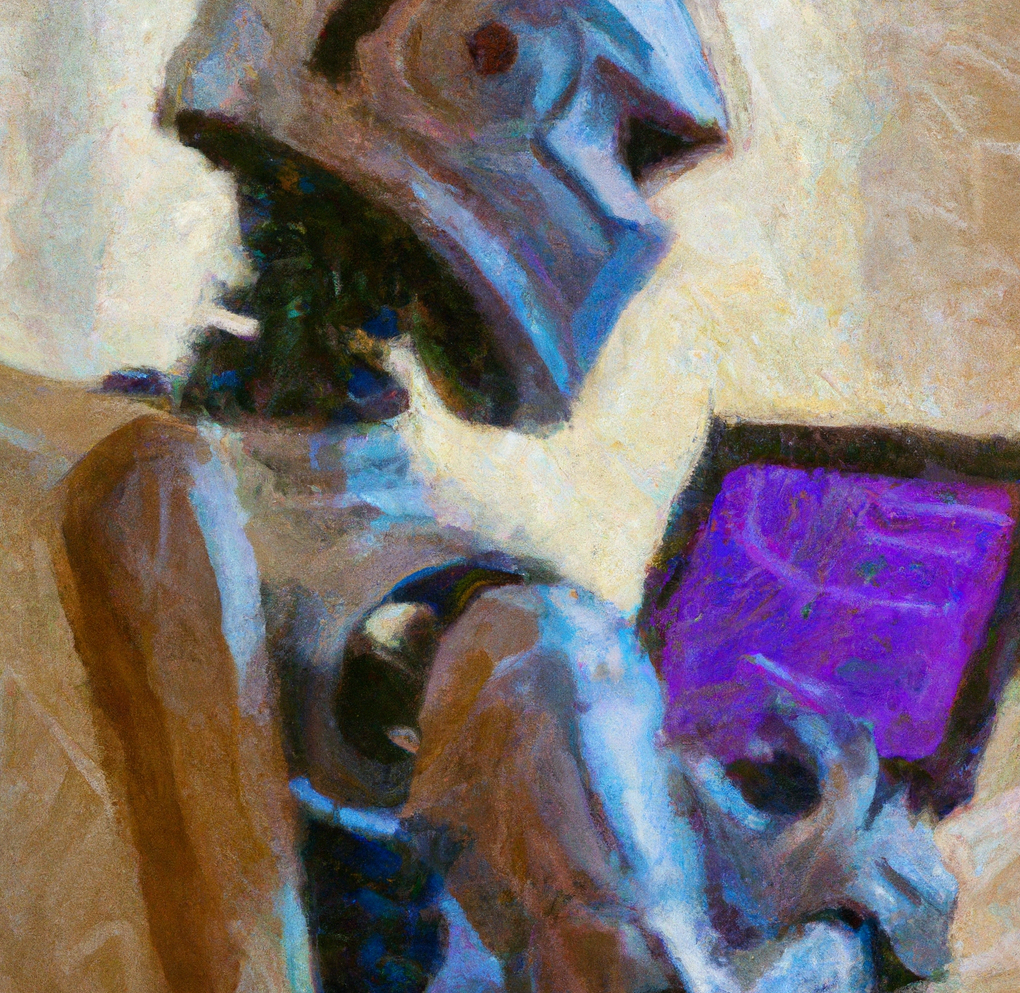
In audio, music, and voice, AI models have already accomplished astonishing feats, signaling a new era of creative possibilities. They can generate music that resonates with both technical precision and emotional depth, replicating human voices with remarkable fidelity. However, these achievements are just the opening notes of a symphony yet to be fully composed. Future advancements in AI technology hold the potential for even more transformative changes in the world of sound. Imagine real-time adaptive soundtracks that dynamically respond to the mood and tempo of a scene, creating immersive experiences that captivate audiences like never before. Envision voice synthesis so refined that it bridges the gap between synthetic and human speech, offering new dimensions of expression and communication. These innovations are poised to redefine the boundaries of musical composition, sound design, and vocal artistry. Musicians, podcasters, and artists stand on the brink of an exciting frontier where AI harmonizes with human creativity to compose a melody of innovation that echoes through the digital landscape.
Generative design has emerged as another transformative force, reshaping the landscape of product development and design. With the aid of AI tools, designers and engineers are embracing a new era of efficiency and creativity, where complexity is met with precision and elegance. This synergy between human ingenuity and artificial intelligence is driving the emergence of intricate objects and systems that once seemed beyond the grasp of imagination. From architecture to manufacturing, generative design is proving to be the cornerstone of progress.
But of course, we aren’t limited by or solely speaking about product development and design —it extends its tendrils into the realm of gaming, another domain ripe for reinvention. The interactive and immersive nature of video games has captivated audiences for decades, and now generative AI stands at the threshold of transforming this dynamic medium. As AI algorithms evolve, so too does their ability to construct immersive digital worlds that dynamically respond to players' every move. The era of rigid, pre-scripted scenarios and challenges is giving way to an era where both designers and players co-author virtual landscapes in real-time. Picture a game environment that adapts to your strategies, creating unique challenges and opportunities with each decision you make. This fusion of generative design and gaming is set to unlock a new era of player agency, creativity, and engagement. In this uncharted territory, the boundaries of virtual realms are becoming as limitless as our imagination. The future of gaming beckons—an era where generative design and human interaction harmonize to create interactive experiences that defy convention and inspire innovation.

The very capabilities that propel AI models into realms of creativity and productivity also carry the potential for misuse and ethical dilemmas. As we marvel at the feats of AI-generated art, music, and text, it becomes imperative to address the concerns that arise from this uncharted territory.
The ethical dimensions of generative AI encompass a spectrum of issues, from plagiarism and copyright infringements to the unsettling rise of deepfakes. The technology that grants AI the power to create also raises questions about the sources from which it draws inspiration. The saying "garbage in, garbage out" now morphs into a more nuanced challenge: "unsourced in, unsourced out." Ensuring that AI systems are fed accurate and diverse data sources becomes a crucial step in fostering creativity without crossing ethical boundaries.
Moreover, the creation of AI-generated content that mimics individuals' voices and visual characteristics heightens concerns about identity misappropriation and privacy breaches. As AI models become more adept at generating convincing facsimiles, the lines between authenticity and fabrication blur, prompting a pressing need for vigilant oversight and accountability. Ethical frameworks must evolve in parallel with AI capabilities to ensure that the technology's creative potential is harnessed responsibly.
While the possibilities of generative AI are awe-inspiring, they come hand in hand with an ethical imperative. Developers, policymakers, and users alike bear the collective responsibility of safeguarding against misuse and ensuring that the outputs of AI systems reflect the integrity of their inputs. As we venture into this unexplored frontier, striking a balance between innovation and ethical consciousness will shape the narrative of generative AI's impact on society.
For leaders and decision-makers, the path forward is clear. Embrace the transformative potential of generative AI while establishing robust frameworks for ethical usage and accountability. The future of generative AI extends beyond technological breakthroughs; it envisions a digital world that champions innovation, efficiency, fairness, and equity. Striking the balance between AI's power and ethical considerations stands as a defining challenge and opportunity of our times. We stand on the precipice of a new digital frontier, and our navigation of it will shape the contours of our shared future.

